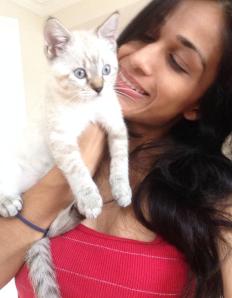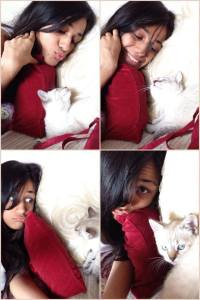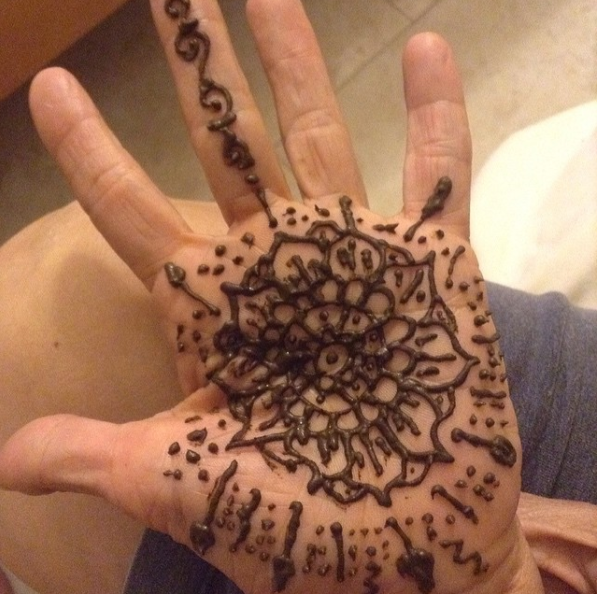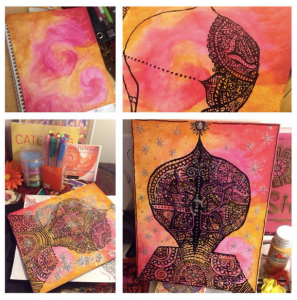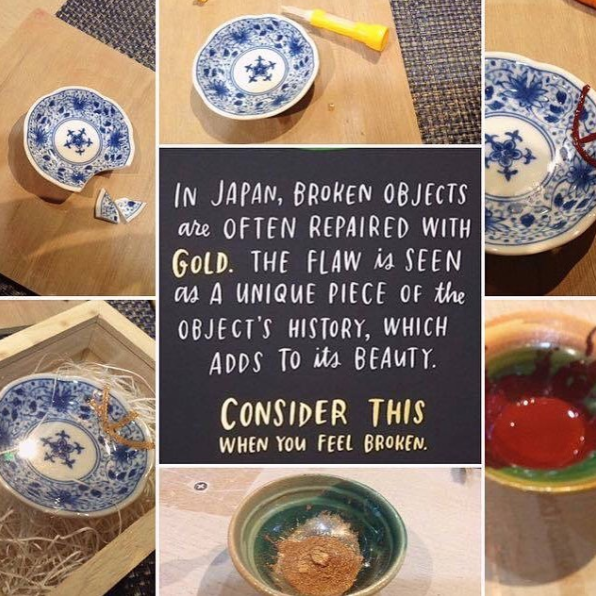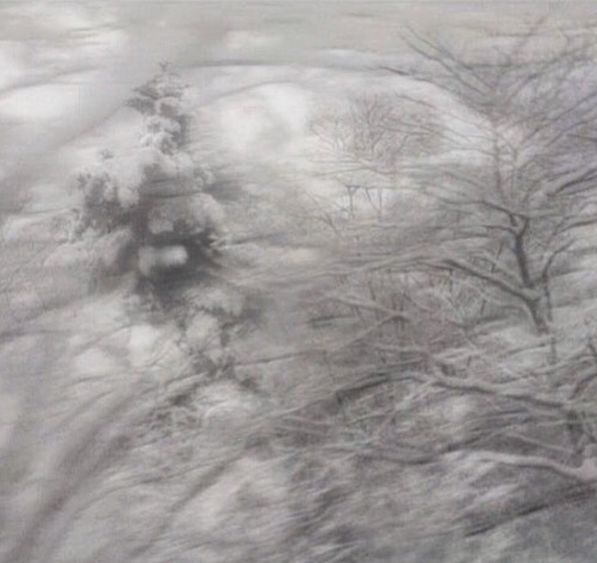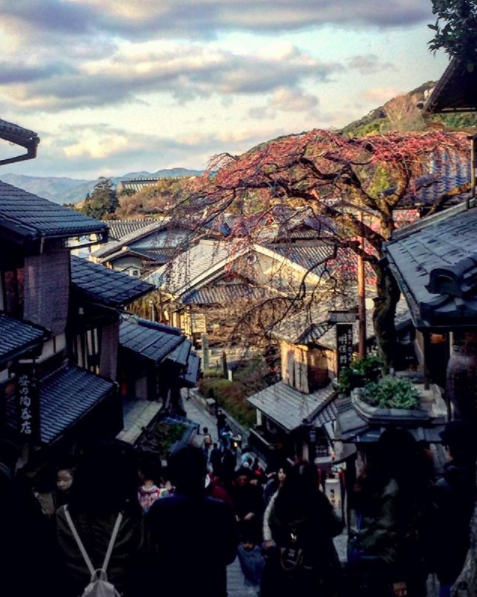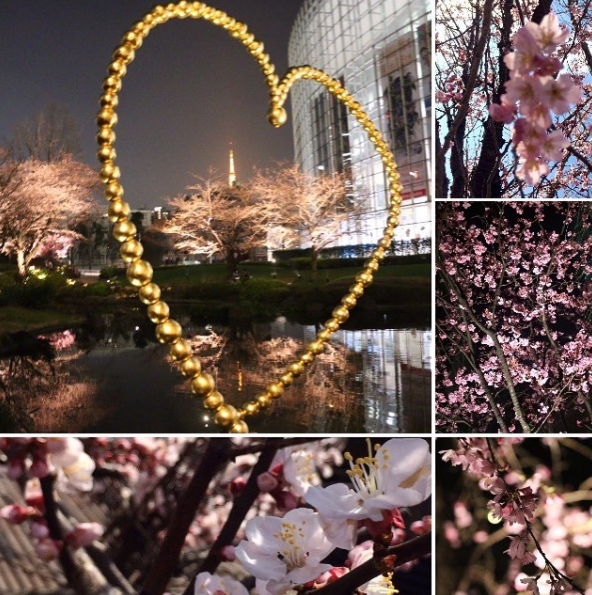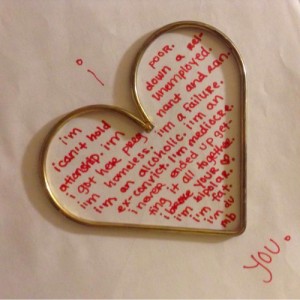I’ve had the biggest fear of dogs and cats since I was young. I realised recently it’s because in their presence, I have no control. Don’t get me wrong – I wanted to love them. They’re so cuddly, loving and pure. I so yearned to pick them up and just hug.
But because we don’t speak the same language, don’t have the same brains, they could hurt me. They were seductive, wild and dangerous things. A dog could sense and misunderstand my fear for intentions to attack, and accidentally scratch or bite out of his fear. The cat, unable to say, “I want to play and not be held”, could scratch in her squirmy attempt to jump out of my arms and onto the couch.
And so for most of my life, I’ve missed out on the unique love and affection only a mindless animal, free of human inhibitions, can give. Even when I started getting used to kittens and puppies, I’d approach with extreme caution – and in my guarded manner, barely receive anything in return.
Until the day came, of course, when I couldn’t resist anymore the charms of the sweet kitten I live with – watching her follow me, chase her tail, and then accidentally bang into doors was simply too much for me. I had to hold this silly, adorable little angel. So for the first time, I picked a kitten up with the sole intention of cuddling and kissing her, loving fully, rather than half-way loving, half-way protecting myself.
In those brief seconds, my entire heart melted. I felt a deep love, but I also felt for the first time in my life from an animal, deeply, unconditionally loved from this tiny creature. I could feel how tiny she is, her rapid heartbeat underneath her soft white fluff, and realised she was just as vulnerable as I was. But she will still letting me hold her, despite the fact I was huge, just woke up, and looked and felt like a mess. Even if she scratched or bit, it wasn’t meant as an attack, but was simply her own form of self-protection from a larger creature she doesn’t understand.
It reminded me of the boasting ways of the flower from “The Little Prince”, when the Prince realises she simply boasts and acts cold as a means of protection – for she is so tiny and secretly aware of her own smallness in the vast flower world, so insecure, so afraid he too will realise how small she is one day and his love will go. That she wasn’t something to be annoyed by, angry at or, or afraid, but a beautiful little being to feel compassion for, just trying her best.
Did she end up scratching me? Yes, she did. She no longer wished to be held and wanted to be set free to further explore the big world that is the living room, so in her small paw’s attempts to climb out of my arms, accidentally scratched me along the way. But instead of freaking out and vowing to never hold her again, or if I do, going back to wearing armor, I simply let her go. I had some scratches, but they were tiny, and nothing in comparison to the deep intimacy I just experienced surrendering to this tiny creature.
She still scratches me sometimes. Every now and then the rare dog will growl at me as I walk past. But I don’t run across the street as I used to, or at least most of the time I don’t. Kitten’s taught me that that’s life. You can’t predict who’s going to hurt you, and neither can you always control that. Scratches sometimes comes with love, but most of the time, those scratches and bites are a form of self-protection as a result of miscommunication and differences.
Does that mean you run away or shut off a part of yourself from the experience? No, because then you lose much more than you gain.
I got scratched, but I also got a glimpse of the best part of my own human nature and life: what it’s like to be yourself, with all your fears, in your ugly pajamas with no make up, procrastinating and messing it all up, and still be hugged, seen. The sweetness of a little creature looking up at you with big eyes, terrified of you, knowing you could kill her, not understanding your language, your brain, your ways, but still trusting you enough to let you cuddle her. Her love, giving me hope in an otherwise cruel world.
So I surrender now, and let my kitty sometimes scratch and be mad at me. (She gives cold shoulders, I close the door because I’m busy/stressed and she wants kissies etc…) But then we work it out (she snuggles into my lap, I walk downstairs and give her extra attention) , because the love means more – and is worth more – than any of those fears.
In a word or two, the kitten’s taught me how to love.
Originally wrote in 2014


